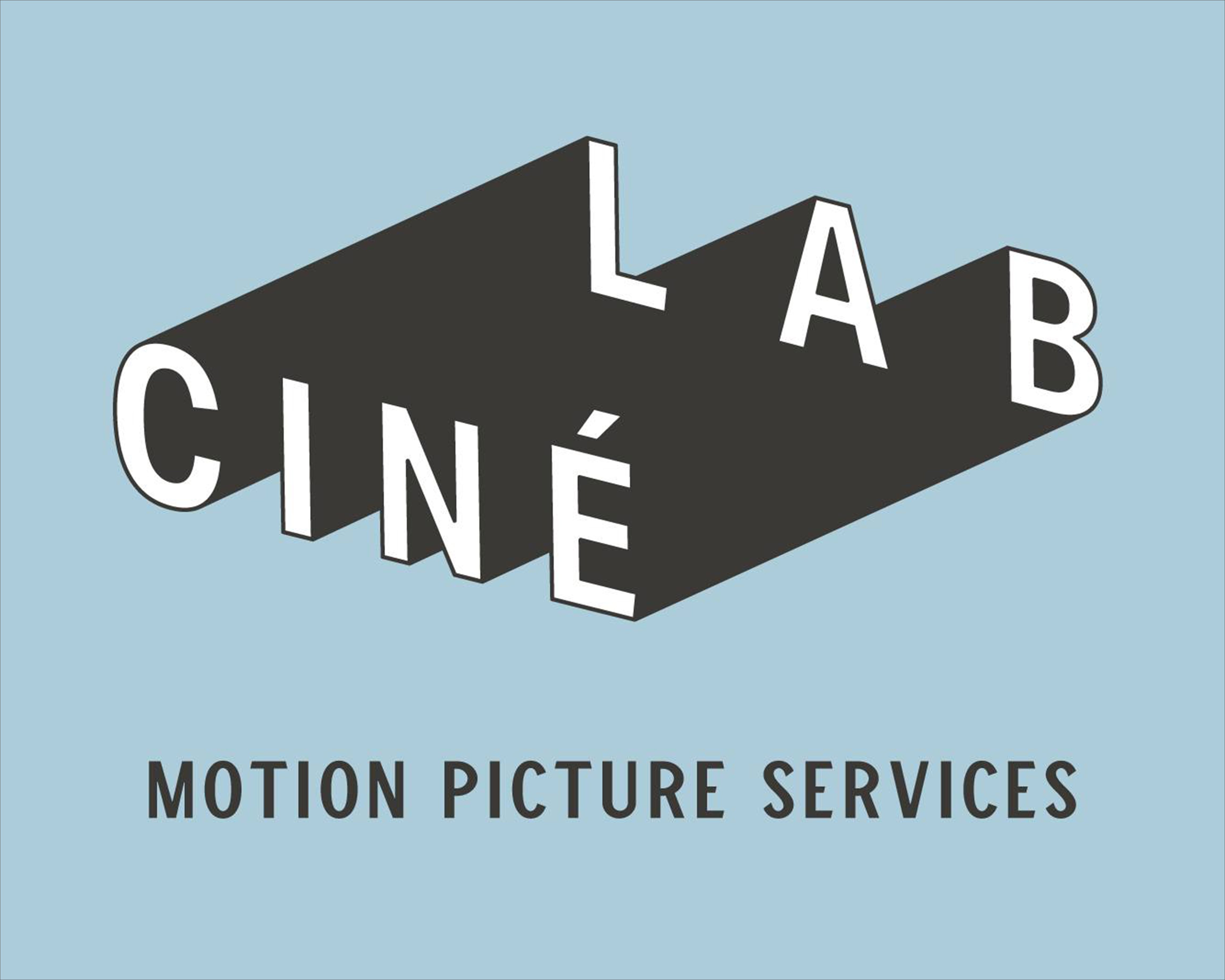Jared Isham said:
There actually has been a test done on the XLH1, HD100U and the protoype HVX by Panasonic (which does not even have their 24p option working yet from what I've been told).
Yeah, I'm aware of some of those preliminary tests, but nobody has done a thorough, scientific review of all the actual production models. There are simply way too many unanswered questions and unexplored avenues in how these tests were conducted that would make the results fall very short on the scale of reliability with any half decent review. At this time, nobody can provide any conclusive evidence as to which camera handled and performed better than the other until they're using full production models of each camera, and providing footage with the same settings, same subjects/scenery, same times, shot by the same person(s).
Jared Isham said:
My concerns are more with resolution. Especially when you are deinterlacing a 1080i signal as opposed to working with a 720p signal. The XLH1 has a deffinate jutter to it and has been defended by saying it is just typical 24p jutter. The excuse for the jutter seems a bit sketchy when the JVC does not have the same jutter and is shooting actually 24p.
I, along with many other people share your concerns about resolution and progressive frame rates.
And based on what other professionals have observed, it's difficult not to agree with what many of the preliminary tests have attempted to conclude. However, I have to reserve my final judgment until I can see it with my own eyes with the applied conditions mentioned above. I will not be surprised though, if after some more tests it is accurately concluded that Canon’s 24f/30f modes are just as poor a substitute for true progressive frame rates as Sony’s cineframe rates are.
Jared Isham said:
When I was looking at the cameras I noticed that the lenses are different sizes, it also comes down to preference I suppose. Some people hate Canon lenses and love Fujinon lenses while others are the complete opposite. I did notice that the Fujinon had a macro and back focus capabilities while I did not notice that with the Canon.
One thing that gets to me though, concerning these detachable lens alternatives is the number of lenses available, and the cost of those lenses. Right now, JVC only offers one other zoom, and I don’t remember what the initial report on cost for it was, but I think it was pretty expensive. Now, I’m not saying the lenses aren’t worth it. I’m simply pointing out that even though the stock HD lenses that come with these cameras are pretty damn nice, there should be more analysis on the issues regarding the alternatives. After all, isn’t that why people bought these types of cameras?
Jared Isham said:
The focusing on the XLH1 looks like it would suck without an external monitor, the viewfinder really is bad, while on the JVC has the flip out display and a much higher resolution viewfinder as well as the focus assist feature - it works pretty darn well.
That is a very good point, more and more DV/HD/HDV shooters are relying on their flip out monitors over the viewfinders, and it really irritated me to see that Canon didn’t incorporate one on the XLH1. Canon is invested in some new display technologies that will likely blossom beautifully over the next few years, I’d like to see them incorporate that new technology in an upcoming model, be it XLH2 or the successor to the GL series.
Jared Isham said:
I do see a benifit with the Canon being that you could rent a deck hook up the HD-SDI out to the the deck along with Timcode and Genlock and have both a HDV source and a HDCAM source for much cheaper than the $100,000 F900… I have also heard some issues with the Canon having poor latitude. I haven't gotten a chance to se for myself. When I was at the CineGear Expo in June I saw the JVC shooting into shadows as well as having to deal with the intense sun. I would say that it looked like it had at least 7 stops of lattitude in either direction.
Yes, the true nature of the beast within this camera is revealed in its ability to do HD-SDI out. However, I expect this feature to be lightly used by a majority of shooters. That is until an affordable large scale storage solution materializes. Yeah, I’ve also heard the Canon loses its cool with the highlights, haven’t heard any negative comments about JVC in this regard.
Jared Isham said:
So my decision is still undecided.
Which would be a better choice.
Well, of course I'm partial to the HVX200, but if my arm was twisted and I had to choose between one of the HDV models I'd probably forget both the JVC and Canon and just go with the Sony. :lol: If I went into this decision knowing I had the resources to utilize all of the features of these cameras, I’d pick the XLH1.





